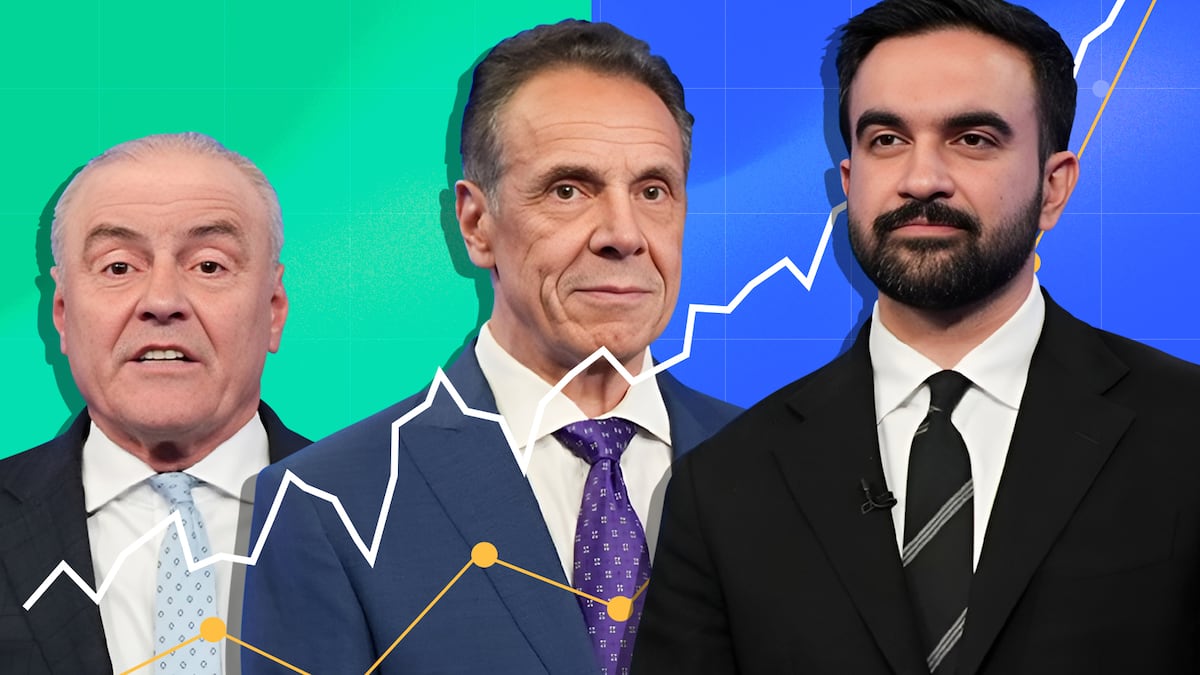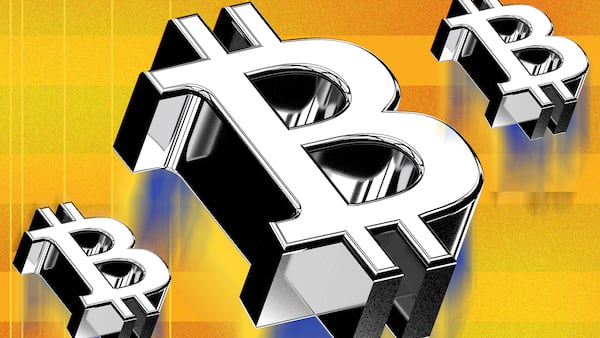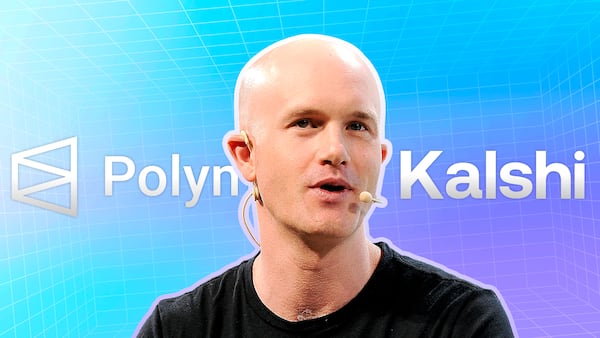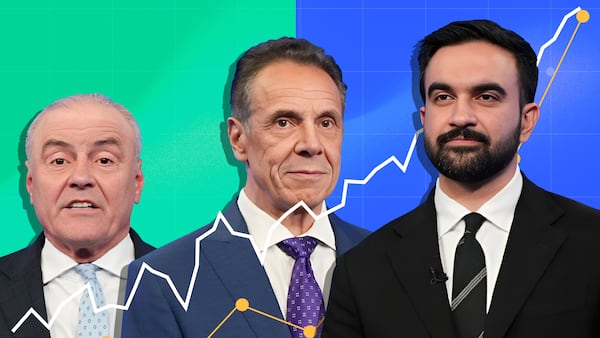- Intercontinental Exchange recently took a $2 billion stake in Polymarket.
- It had a lot riding on the outcome of New York’s closely-watched mayoral election.
- While the investment has been a success thus far, regulatory questions remain.
Zohran Mamdani’s decisive victory in the New York City mayoral election on Tuesday wasn’t just a win for socialists — it was also, turns out, a win for Polymarket, the crypto-based prediction market.
Bettors gave Mamdani overwhelming odds of victory despite his relatively thin resume and a flood of negative advertising in the campaign’s final weeks.
The upstart’s victory vindicated Polymarket’s thesis as a reliable signal amid the noise of polling, political prognostication, and the myriad developments that can sink even the strongest of candidates in a closely-watched election, according to Michael Blaugrund, vice president of strategic initiatives at Intercontinental Exchange.
“I was so nervous,” he said at an event on Thursday in the city’s financial district. “Because regardless of where my politics are, if Mamdani didn’t win, we would have overpaid for Polymarket.”
Intercontinental Exchange, the parent company of the New York Stock Exchange, took a $2 billion stake in Polymarket last month in a deal that valued the startup at $8 billion.
Blaugrund, speaking at an event co-hosted by the Ethereum Foundation, said Mamdani wasn’t the only reason the exchange’s massive bet has already paid off.
Zohran Mamdani
Polymarket has branded itself as a source of market-driven truth.
“The next information age won’t be driven by the 20th century’s media monoliths — it’ll be driven by markets,” Polymarket said in June, when it struck a deal with X.
By putting a price on an outcome, platforms like Polymarket provide an incentive for experts and number-crunchers to share their knowledge by placing a bet. Ideally, it can crowdsource the truth, by harnessing the breadth of knowledge that hundreds, or thousands of people can bring to a debate.
Like any political pollster though, its reputation as a source of high-quality information can be damaged by a big miss.
That’s why Blaugrund was nervous ahead of Mamdani’s victory on Tuesday.
On Polymarket, the odds that Zohran Mamdani would become the next mayor of New York held above 90% in the weeks leading up to the election, even as one pollster showed a tightening race and President Donald Trump endorsed his chief opponent, former Governor Andrew Cuomo.
In effect, Mamdani’s victory vindicated the seemingly outsize confidence that Polymarket bettors had in the upstart lawmaker.
“I think there’s actually a very public good that is created out of the information that is the exhaust of prediction markets,” Blaugrund said.
In February, Intercontinental Exchange also struck a deal with Reddit, the popular message board.
The deal allows the exchange to use Reddit data to create analytics products for the financial industry.
And there are strong synergies that can be created by pairing Reddit and Polymarket data. The former can surface burgeoning sentiment on issues relevant to public markets. The latter can surface what experts expect will happen.
“You can sort of draw the thread between that into things like the likely outcome for commodities, the likely outcome for indices, the likely outcome for individual securities,” Blaugrund said. As Polymarket volume grows, the data it generates will become more actionable.
“Today, oftentimes the size is too small for the institution to really properly hedge prediction markets. So I think now it’s more of a signal.”
Hedging
To be sure, there are questions that hang over Polymarket.
“As a country, we sort of glided over the public policy debate of whether this type of activity should be a CFTC product or not. It’s been asserted that it is,” Blaugrund said.
“It’s going to be a very interesting litigation cycle to see how this unfolds.”
The administration of US President Donald Trump has taken a hands off approach to the sector. But other jurisdictions have been less welcoming.
The New York Gaming Commission ordered Polymarket competitor Kalshi to shutter its operations on October 24, alleging that it was operating in the state without a license.
Kalshi hit back, arguing the state of New York has no authority to regulate “derivatives trading on exchanges overseen by the Commodity Futures Trading Commission.”
As for Polymarket itself, the platform has also received scrutiny.
Romania’s gambling authority blacklisted Polymarket last week for operating without a license.
In late 2024, France ordered the company to geo-block French users from placing bets, and Belgian authorities declared Polymarket illegal in February this year.
Ousted from the US after settling a $1.4 million fine with the CFTC in 2022, Polymarket has touted a return to the country by the end of this year.
Polymarket runs on the Polygon blockchain and its markets are denominated in Circle’s USDC stablecoin. While market creation is controlled by the Polymarket team, disputes are settled by a supposedly decentralised, crypto-based partner called UMA, which has been criticised over the years.
Correction, November 11: An earlier version of this story misstated Michael Blaugrund’s title. He is vice president of strategic initiatives at Intercontinental Exchange.
Aleks Gilbert is DL News’ New York-based DeFi correspondent. You can reach him at aleks@dlnews.com.









